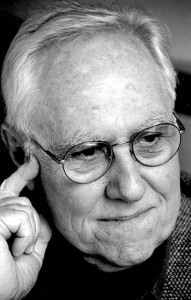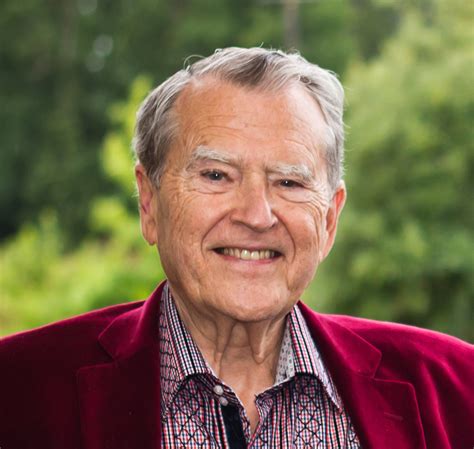A Quote by Samuel Florman
We all have ambivalent feelings toward work ... We try to avoid it, and yet we seem to require it for our emotional well-being.
Quote Topics
Related Quotes
... social roles vary in the extent to which it is culturally permissible to express ambivalence or negative feelings toward them.Ambivalence can be admitted most readily toward those roles that are optional, least where they are considered primary. Thus men repress negative feelings toward work and feel freer to express negative feelings toward leisure, sex and marriage, while women are free to express negative feelings toward work but tend to repress them toward family roles.
Squandering our gifts brings distress to our lives. As it turns out, it's not merely benign or 'too bad' if we don't use the gifts that we've been given; we pay for it with our emotional and physical well-being. When we don't use our talents to cultivate meaningful work, we struggle. We feel disconnected and weighted down by feelings of emptiness, frustration, resentment, shame, disappointment, fear, and even grief.
In the Christian sense, love is not primarily an emotion but an act of the will. When Jesus tells us to love our neighbors, he is not telling us to love them in the sense of responding to them with a cozy emotional feeling. You can as well produce a cozy emotional feeling as you can a cough or sneeze. On the contrary, he is telling us to love our neighbors in the sense of being willing to work for their well-being even if it means sacrificing our well-being to that end.
Detached forgiveness—there is a reduction in negative feelings toward the offender, but no reconciliation takes place. Limited forgiveness—there is a reduction in negative feelings toward the offender, and the relationship is partially restored, though there is a decrease in the emotional intensity of the relationship. Full forgiveness—there is a total cessation of negative feelings toward the offender, and the relationship is fully restored.
In a time of infirmity, the illness IS one's work. Taking care of all the disciplines that our health problems require IS the other part of the small daily fidelity to which we are called, beside the faithfulness of being attentive to God. We can be well simply by our diligence in being who we are at the moment.
Emotional dependence is the opposite of emotional strength. It means needing to have others to survive, wanting others to "do it for us," and depending on others to give us our self-image, make our decisions, and take care of us financially. When we are emotionally dependent, we look to others for our happiness, our concept of "self," and our emotional well-being. Such vulnerability necessitates a search for and dependence on outer support for a sense of our own worth.
I've had to try and find a way over the years of writing narratively that doesn't really require you to sit down and work out what the story's about. You're brought into a sort of sequence of images that have that emotional resonance, but it's kind of irrelevant what the actual story is. It's taken me maybe 13 albums or something to work that out.
Emotional self-control is NOT the same as overcontrol, the stifling of all feeling and spontaneity....when such emotional suppression is chronic, it can impair thinking, hamper intellectual performance and interfere with smooth social interaction. By contrast, emotional competence implies we have a choice as to how we express our feelings.


































